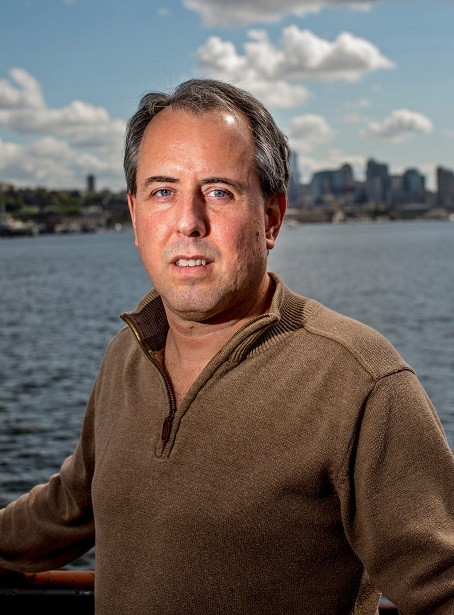Silicon Valley's long-time class-action lawsuit that consumed the tech world in 2010 is about to end with a huge settlement pay. Four tech giants were allegedly accused of discrete agreement not to hire each other's employees; each maintained new products flowing but hindered the employees' growth and opportunity to earn more, Wall Street Journal reported.
Adobe, Apple, Google, and Intel have agreed to offer current and former employees around $415 million to end and finally settle the case. The offer was accepted by the plaintiff's lawyers but will have to wait until the judge approves, according to New York Times.
The four big tech empires thought that it is for the best to offer the amount than to let the case go to trial. The settlement amount is only pocket change and once the case commence, the companies' image will be damaged, the employee-friendly working environment impression will be corroded.
Steve Jobs, founder of Apple, was exposed to be the mastermind of the deals; however, high executives of Google and Intel turn out to be on the boat.
This is the second attempt of settlement between the tech giants and the plaintiffs. First attempt was last spring where the amount offered was at $324.5 million which was protested by former Adobe engineer Michael Devine.
Devine explained that it was not enough money given the fortune each company have against the weight of the protest. This class-action case was granted by Lucy H. Koh of United States District Court in San Jose, to which she rejected and declared that the initial settlement offer was not within the range of reasonableness.
The second settlement offer was at least acceptable and in the right ball park.
"A reasonable person could go either way on whether it is adequate," Devine said.
The Justice department's first investigation on the case turned out to be antitrust complaints against several tech companies namely: Adobe, Apple, Google, Intel, Intuit, Lucas Film and Pixar. The mentioned firms agreed to settle without admitting the charges.
eBay also settled the same case in 2014.



























